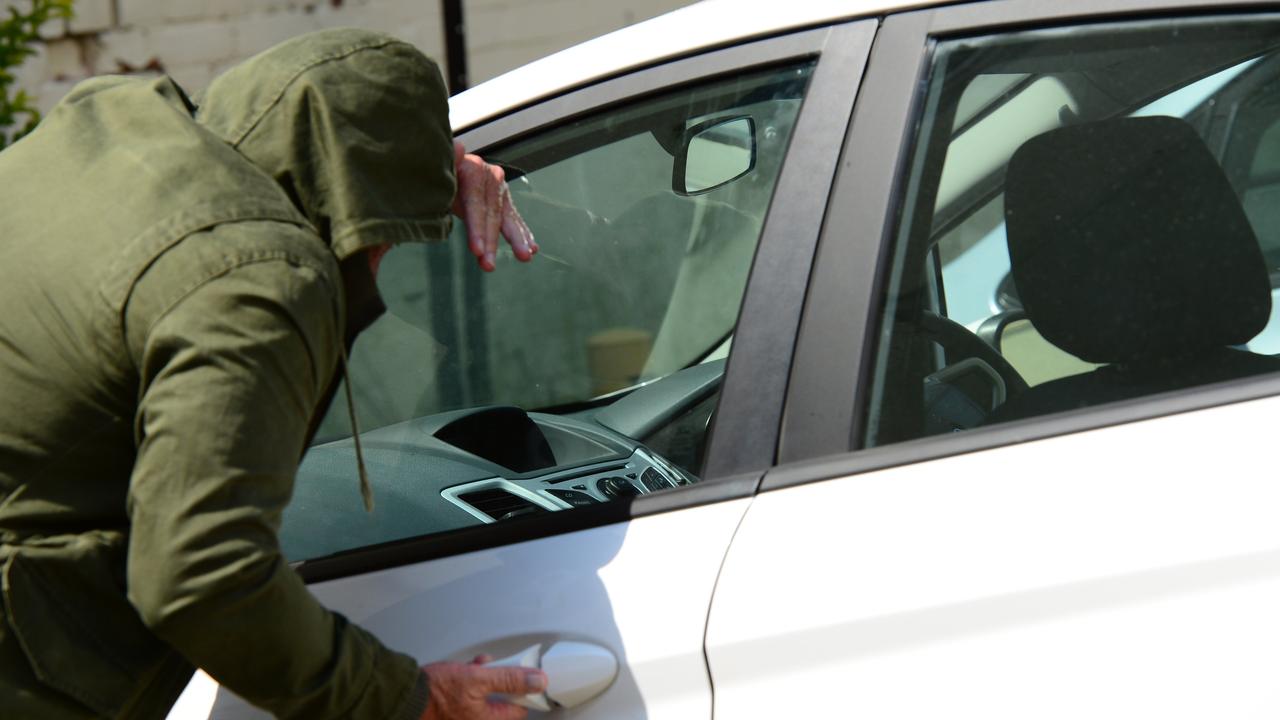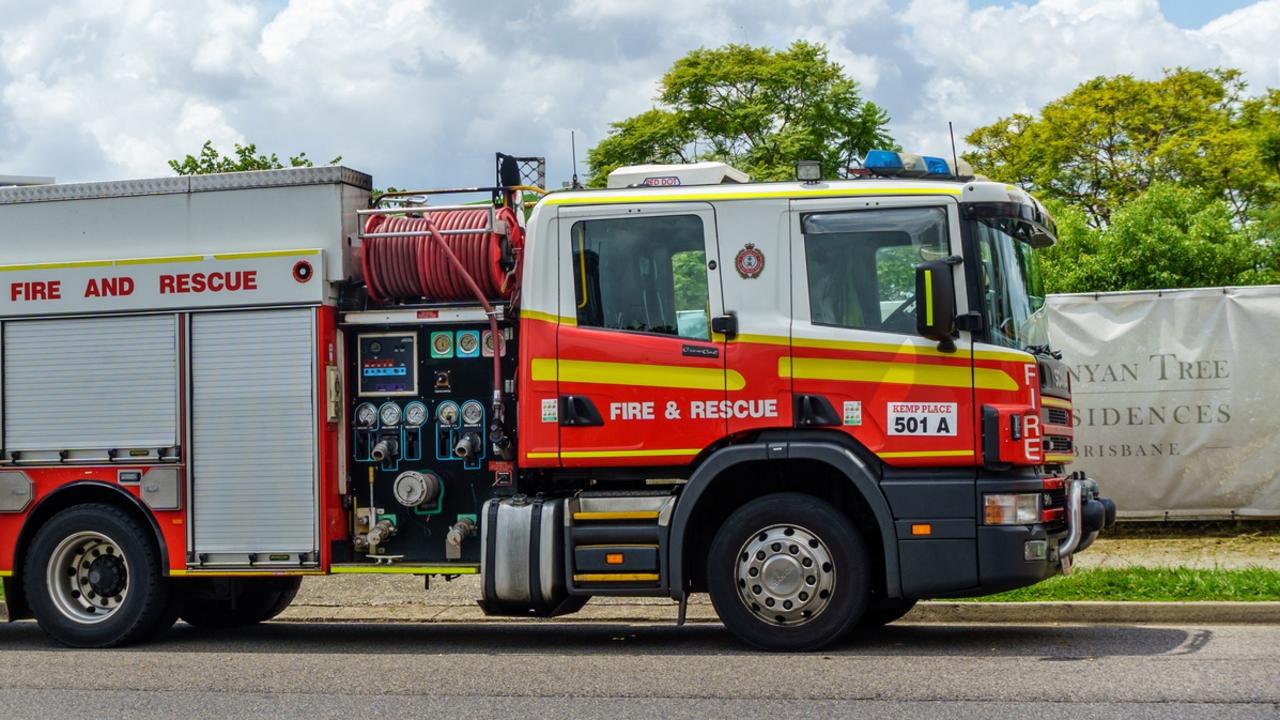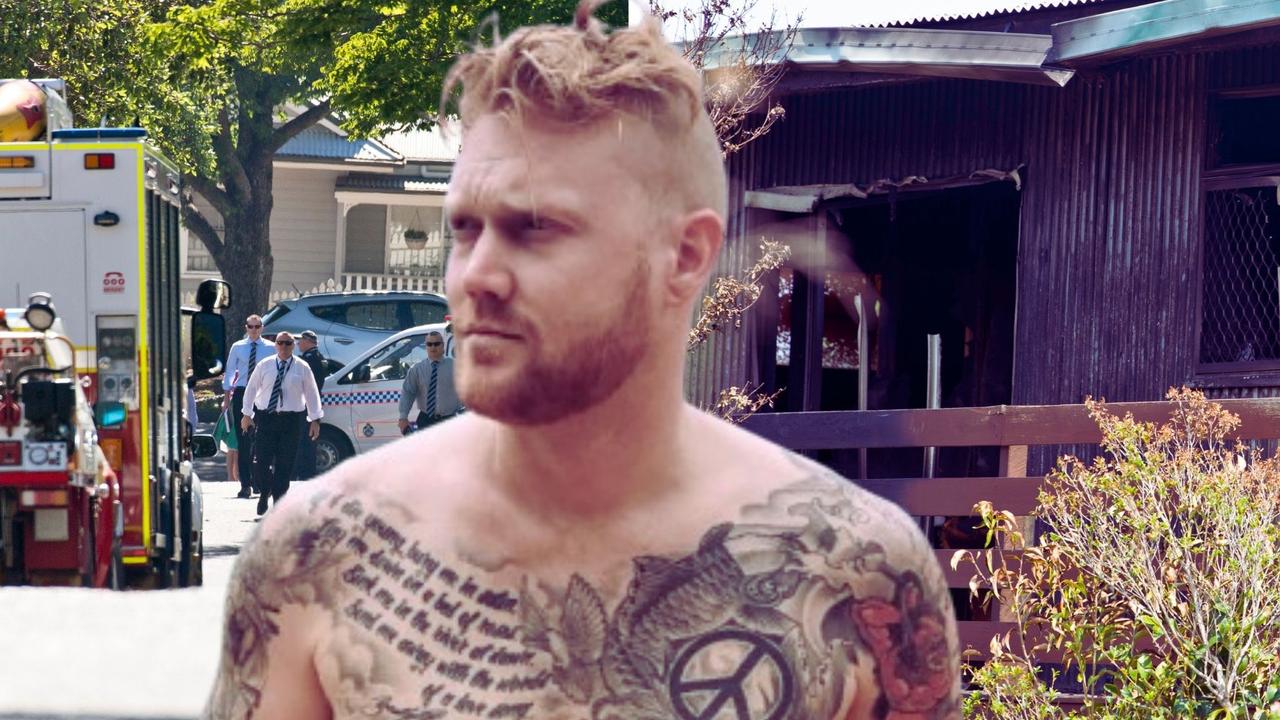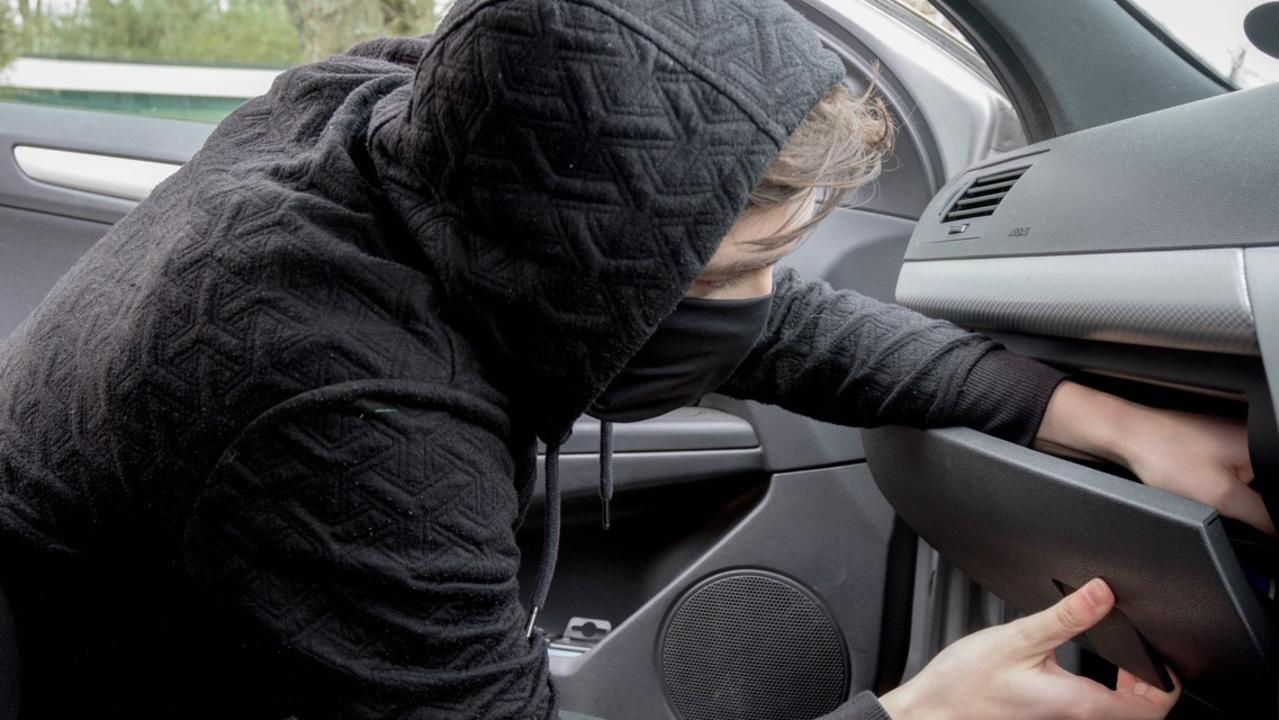Changes to Queensland rape laws will make it harder for offender to say they thought their victim gave consent
Queensland’s rape laws introduced from today will make it harder for offenders to claim they thought their victim consented to sex.

Police & Courts
Don't miss out on the headlines from Police & Courts. Followed categories will be added to My News.
Offenders charged with rape will have to prove they actively sought consent and received it if they are to avoid a conviction, thanks to changes to Queensland’s rape laws.
The changes bring Queensland into line with every Australian state, except for Western Australia and South Australia.
Under the new affirmative model, consent to sexual activity must be mutually agreed, all participants have to say or do something to seek consent, and consent must be communicated back to the asking participant.
Dr Gianni Ribeiro from the University of Southern Queensland’s School of Law and Justice said the change shifts the discussion from “no means no” to “yes means yes”.
“Just because a victim survivor didn’t say no or stop, that lack of resistance or lack of saying no does not indicate that they are consenting,” she said.
“Under the old laws an offender could have argued that they mistakenly believed the victim survivor was consenting, whereas these laws limit what is known as a ‘mistake of fact’ excuse.
“Consent can no longer be assumed.”
The affirmative consent model was recommended by the Women’s Safety and Justice Taskforce and has been in place in Tasmania since 2004, while NSW and Victoria adopted it in 2021.
Dr Ribeiro said it was unclear if the changes would increase the conviction rates. She also added that there were some concerns in the public arena that they could lead to allegations being weaponised during divorce proceedings.
“The evidence indicates that is not how the laws are being used in other jurisdictions,” she said.
“They shift the focus away from questioning the victim survivor’s behaviour – about why they didn’t say no.”
The changes include a new law criminalising stealthing, where a man removes or tampers with a condom without their partner’s knowledge, and introduces changes to the directions a judge can give a jury during a trial.
Those directions include clear phrasing about disregarding a complainant’s emotional state in the immediate aftermath of an assault or during the trial.
“The directions reflect that trauma can manifest in different ways,” Dr Ribeiro said.
According to data collected in the Australian Bureau of Statistics’ 2021–22 Personal safety survey, 22 per cent of women and 6.1 per cent of men have experienced sexual violence since the age of 15.
One in six women and one in 18 men have experienced physical or sexual violence by a cohabitating partner.
About 86 per cent of victims of sexual assault were female and more than half of those were under the age of 18 at the date of the incident.
Worryingly, 34 per cent of people believe it’s common for sexual assault allegations to be used as a way of ‘getting back at men’, while 24 per cent believe allegations are due to women regretting a consensual sexual encounter
In announcing the changes, Minister for Women Shannon Fentiman thanked the victim survivors who shared their stories with the taskforce.
“Importantly, our new laws better reflect community expectations by recognising stealthing for what it is – rape.
“We will continue to invest in awareness campaigns that educate Queenslanders because we know we need more than changes to the law; we need our communities to change too.”









